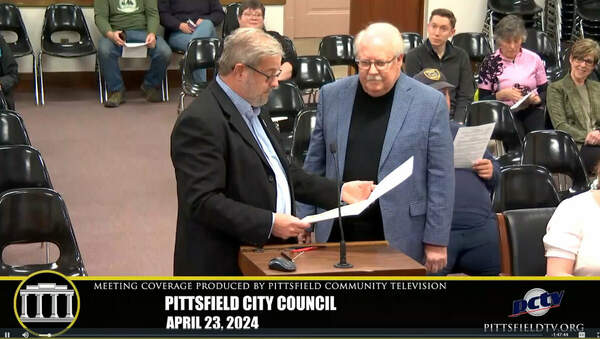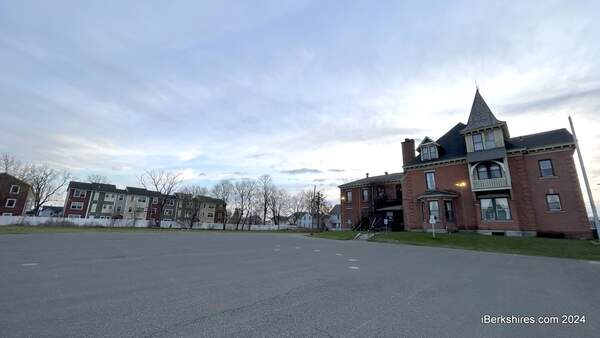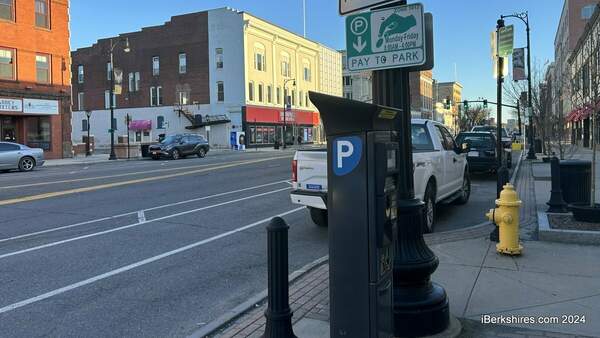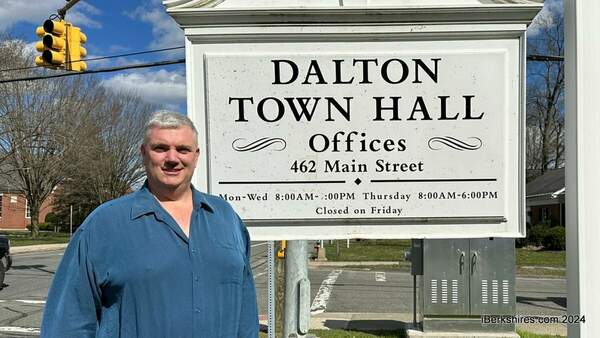Berkshire Community College Brings On New Faculty and Staff
 |
PITTSFIELD, Mass. — Berkshire Community College has announced new faculty and staff additions.
Pam Coley McCann joined BCC as an assistant professor of human services. Prior to joining the college, McCann had a full-time private practice in Pittsfield, and before that she worked for the Department of Mental Health as a clinical social worker. McCann received a master’s degree in social work at Springfield College. She currently lives in Pittsfield with her husband and her dog.
Antonia Buckley joined BCC as the Berkshire Immigrant Stories coordinator. Buckley previously worked as a freelance photographer and was a co-founder of The Hoping Machine. Buckley received a master’s degree in photo design from Dortmund, Germany, and lives in Pittsfield with her husband and two cats.
Lynn Pettit joined BCC as an assistant professor of nursing. Pettit previously worked at Berkshire Medical Center as a clinical educator. She is an alum of the nursing program; she also received her bachelor’s degree at Elms College and received her master’s in nursing education at Norwich University. Pettit lives in Cheshire with her husband, her three children, and her dog and cat.
Nicholas Kline joined BCC as an equipment operator. Prior to his current job, Kline worked for Bianco Landscaping and Property Maintenance. He received his associate’s degree in landscape contracting from the Stockbridge School of Agriculture at UMASS Amherst, and a bachelor’s degree in natural resource conservation from UMass Amherst. Kline currently lives in Hinsdale with his fiancé.
David Nicol joined BCC as an assistant professor of nursing. Nicol previously worked as a pediatric nurse practitioner at Twin Valley Middle High School and as a health officer at Connecticut Yankee Boy Scouts. Nicol received a master’s degree at the University of Hartford in science and nursing. He currently lives in Bennington, Vt., with his wife, and four rescued dogs.
Barb Kotelnicki joined BCC as an assistant professor of education. Kotelnicki previously worked as a STEM program manager at Massachusetts College of Liberal Arts and as an adjunct instructor for their Education department. Prior to that, she was an adjunct Instructor at Townson University, an elementary school teacher, and a reading teacher. She received a bachelor’s degree at LaSalle University, and received a master’s degree from Towson University. Kotelnicki currently lives in Dalton with her husband, her three children, and her dog.
Tags: BCC,















